Institute-based Projects
Projects Led by the Six NIHU Institutes
NIHU’s six institutes have established priority themes that embody their respective missions. They collaborate with institutions and scholars both in Japan and overseas and undertake pioneering research aimed at advancing and deepening their areas of expertise.
List of Projects
National Museum of Japanese History [REKIHAKU]
Construction of Japanese Historical Knowledge and Open Science Research
National Institute of Japanese Literature [NIJL]
National Institute for Japanese Language and Linguistics [NINJAL]
International Research Center for Japanese Studies [NICHIBUNKEN]
Research Institute for Humanity and Nature [RIHN]
National Museum of Ethnology [MINPAKU]
Construction of Japanese Historical Knowledge and Open Science Research [REKIHAKU]
“Japanese Historical Knowledge” refers to the entirety of research processes and outcomes that are based on a collaboration between “digital humanities (DH) research” and “collaborative research on local history.” The former involves constructing diverse datasets of various historical materials, including local ones, and researching advanced data in a manner consistent with historical resource analysis approaches. The latter, by contrast, uses the data obtained from DH research, promotes discussions on the passing down of historical materials by cooperating with residents of the relevant local community, and advances research on regional and historical resources. Building on the results of the “Constructing Integrated Studies of Cultural and Research Resources” project (FY2016–FY2021), this Rekihaku undertaking makes DH-informed analyses based on a perspective applied in the studies of history and culture, develops a data network, and harnesses these efforts to drive joint research with local communities.
Constructing Integrated Studies of Cultural and Research Resources Project Website [Japanese only]
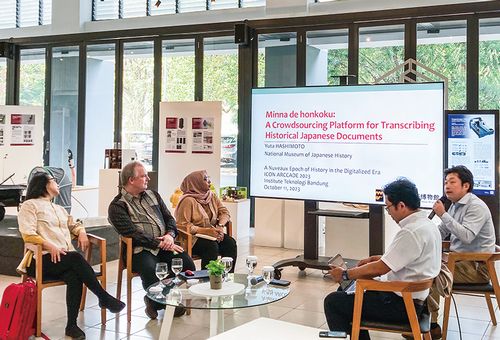
We held a discussion with faculty and students at Institut Teknologi Bandung (ITB).
Model Building in the Humanities through Data-Driven Problem Solving: Pioneering Next-Generation Humanities Research by Building and Utilizing Data Infrastructure [NIJL]
Data-driven research is conducted by collecting large-scale data and using it for analyses. In this project, NIJL constructs Japanese literature-centered data infrastructure by, for instance, further expanding image data through collaborations with domestic and international institutions, utilizing AI to convert image data into text data, and promoting the development of data analysis technologies. The goal is to pioneer next-generation humanities research by utilizing large-scale data with researchers from different fields, both in Japan and abroad, driven by an awareness of various issues.
Project Website [Japanese only]
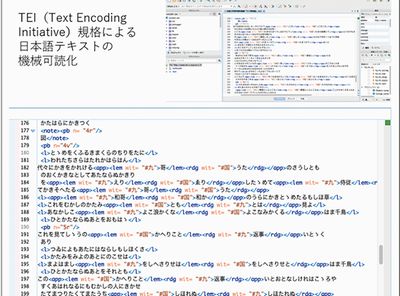
Examples of TEI-compliant text structuring
Empirical and Applied Research on the Japanese Language Based on Open Language Resources [NINJAL]
This project promotes NINJAL’s mission in light of modern social conditions and academic trends. Collaborating with universities in Japan and overseas, it accumulates Japanese language documents as digital language resources on a scale difficult for individual universities alone to tackle, and helps the researcher community mobilize them for research activities. The results are disseminated nationwide and worldwide through various publications including international ones, as well as various publicly available language resources, research presentations, and seminars. The language resources developed through the project will be utilized in society through such opportunities as education, lexicography, and industry-academia collaborative research with IT companies. By both preserving records of and revitalizing endangered languages and dialects, the project also contributes to local communities and supports Japanese language classes at universities and recurrent education for Japanese language teachers. Through the project’s activities, NINJAL aims to create “Studies in Language Resource,” a new academic field.
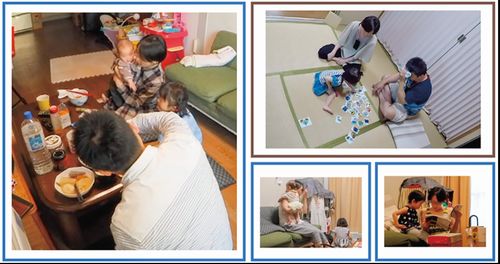
New Departures and Consortium for Global Japanese Studies: Pioneering and Cultivating Global Japanese Studies [NICHIBUNKEN]
Nichibunken launched the Consortium for Global Japanese Studies as one of the NIHU Third Mid-term Objectives during the period from FY2016–FY2021. The aim was to respond to the research and educational needs of Japan’s universities and research centers committed to international research on Japan and global Japanese studies, and at the same time strengthen collaboration between the various institutes. During the NIHU Fourth Mid-term Objectives (FY2022–FY2027), NIHU will develop the consortium into a global network in which overseas universities and research institutes participate as members. (As of April 2024, twenty-three institutions in Japan and forty-five overseas have gained membership.) By promoting collaborative and interdisciplinary research and hosting international symposiums and workshops, the project will strive to nurture younger scholars while laying the academic groundwork for “Global Japanese Studies.” It will also share information both domestically and internationally by publishing the outcome of research results and converting research resources into digital archives.
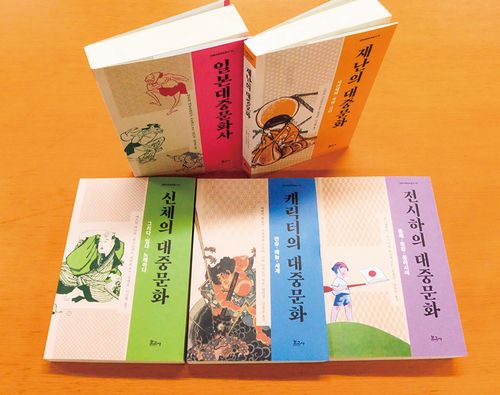
Renewing Modern Civilization through the Nature-culture Complex toward Solving Global Environmental Problems [RIHN]
The global environmental issues of the twenty-first century entail a complex interplay of people, society, nature, and various other elements across time and space. To solve them, RIHN will promote transdisciplinary and groundbreaking research by collaborating with society and building on interdisciplinary research that spans the humanities, social sciences, and natural sciences. The institute will also consider the natural environment, cultural characteristics, and historical context of local regions to develop theories, methodologies, and concepts that are both concrete and applicable to realizing the ideal state for humans and nature. Research results will be shared across Japan and overseas through a variety of undertakings, such as by advancing various operations and educational activities, and collaborating with local communities.
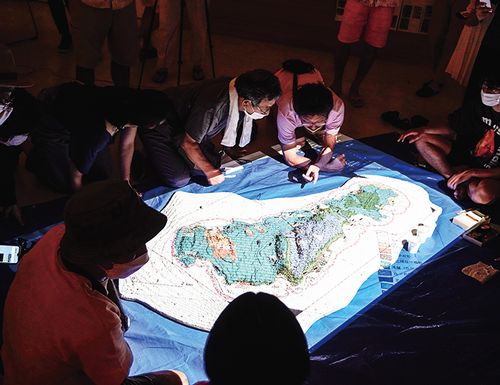
Workshop on Kikaijima (Amami Islands, Kagoshima Prefecture)
Sustainable Development Humanities Research Based on the Info-Forum Archives of Human Culture [MINPAKU]
This Minpaku project develops and establishes a new international and interdisciplinary research model to continuously develop an academic foundation in the humanities field, while building on the results of the Info-Forum Museum project from the NIHU Third Mid-term Objectives period (FY2016–FY2021). The institute will expand on the academic foundation that it has built thus far and promote international collaborative research by cooperating with the regional societies, which are the bearers of culture, and the researcher community. Through this undertaking, Minpaku aims to develop the multilingual “Info-Forum Archives of Human Culture” to broadly and publicly share online its collection of over a million academic resources. The goal is to create a hub for educational research activities, allowing academic resources in cultural anthropology, ethnology, and related fields to be handed down to younger generations and shaped into a shared asset.
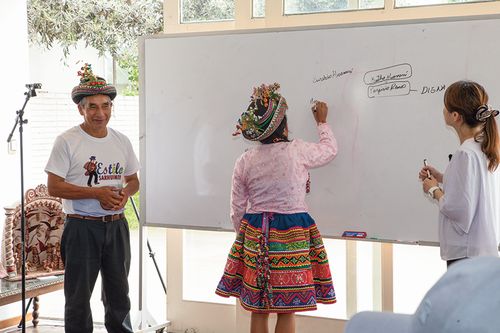
Workshop held in Peru
